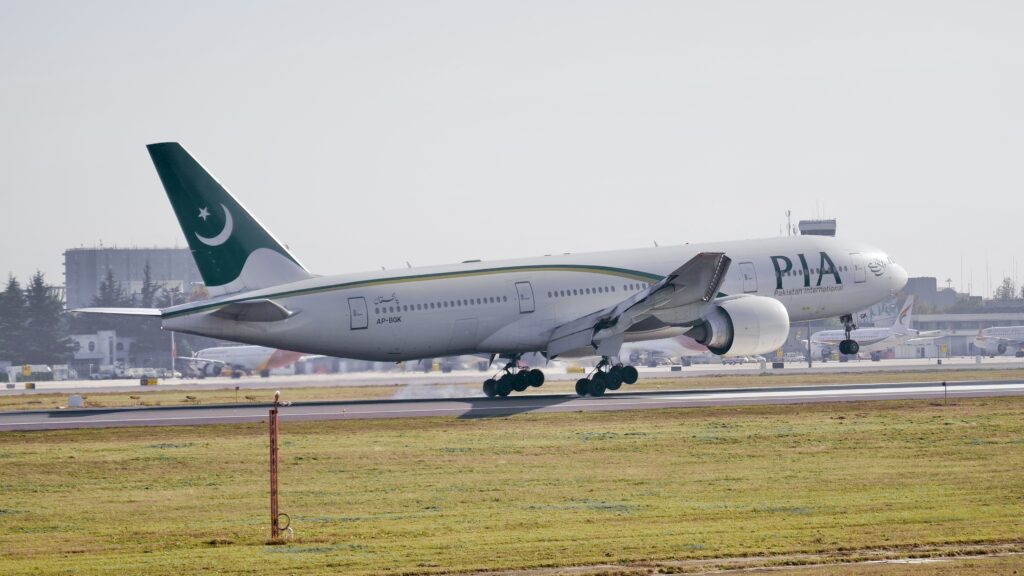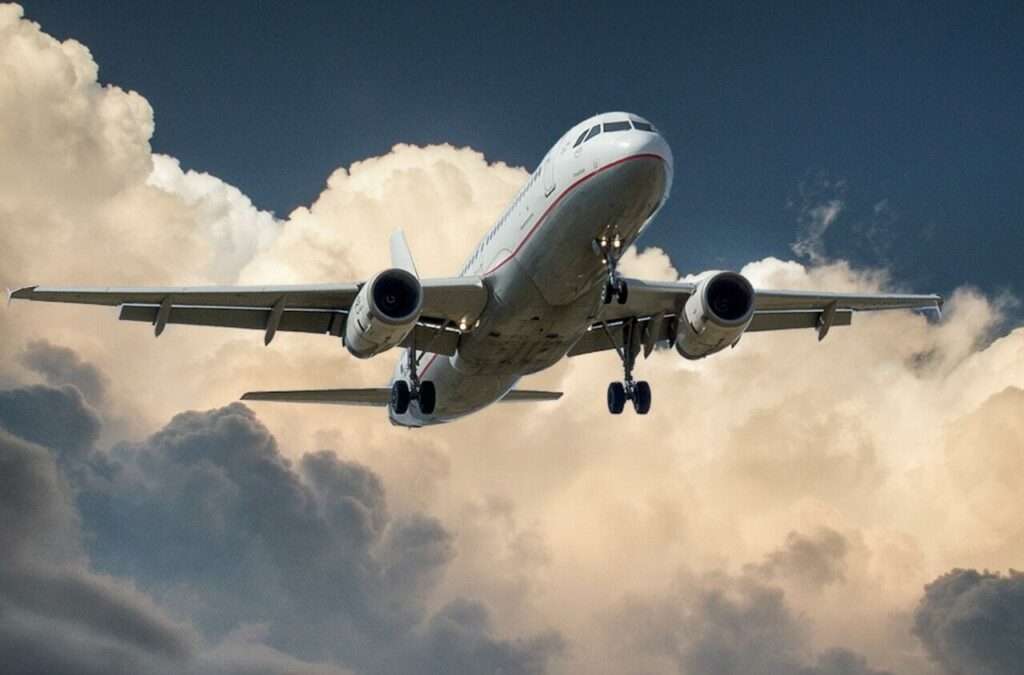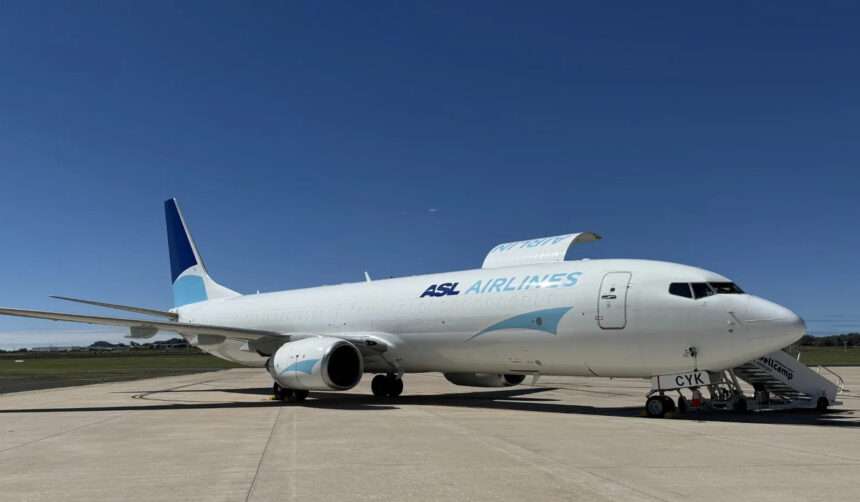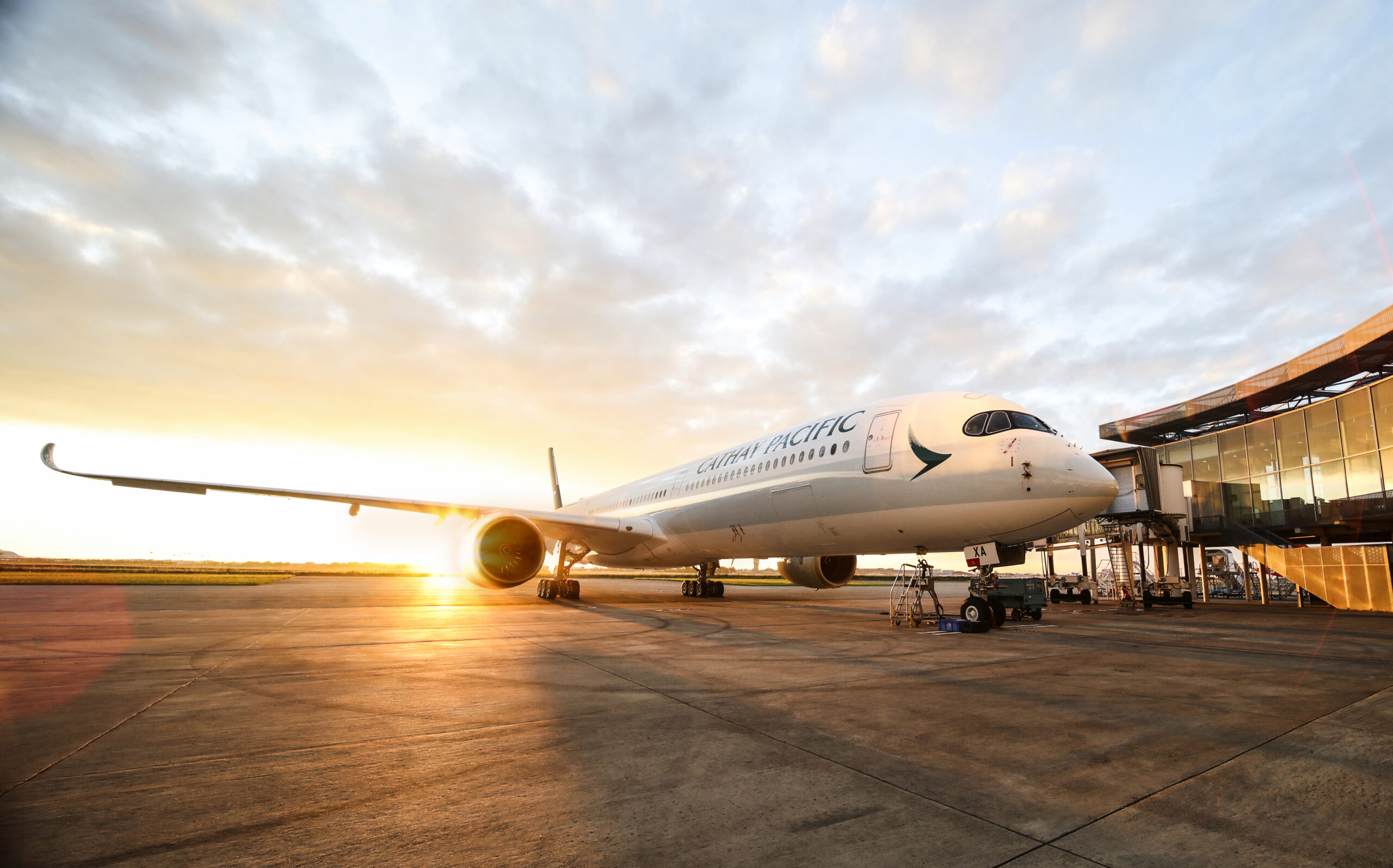Airlines operating in Pakistan and Bangladesh are facing a major hurdle: repatriating their earned revenue.
The International Air Transport Association (IATA) has called on both governments to release over $720 million currently being held.
The organization highlights the financial strain it places on airlines and the potential consequences for the economies of both countries.
Razor-Thin Margins and Delayed Funds
The aviation industry operates on notoriously tight profit margins. Delays in accessing revenue earned can significantly impact an airline’s ability to cover operational expenses like fuel costs, aircraft leases, and staff salaries.
This financial strain can force airlines to make difficult decisions, potentially even leading to reduced service or complete withdrawal from certain routes.
Impact Beyond Airlines
The consequences of a struggling aviation sector extend far beyond airlines themselves. A healthy air travel network plays a critical role in fostering tourism and attracting foreign investment.
It is also a major player in facilitating export activities – all key drivers of economic growth. Reduced air connectivity in Pakistan and Bangladesh could stifle these crucial economic activities.

Pakistan’s Onerous Repatriation Process
Foreign airlines operating in Pakistan face a particularly burdensome process when attempting to repatriate their revenue.
The current system requires airlines to provide an auditor’s certificate with each remittance application, which can be a time-consuming and unnecessary step, especially considering the frequency of these requests.
Additionally, airlines are forced to obtain a Tax Exemption Certificate, a redundant measure since existing agreements prevent double taxation.
IATA has urged the Pakistani government to streamline this process to facilitate faster and more efficient repatriation.

Bangladesh’s Dollar Shortage Woes
The challenge in Bangladesh is primarily a lack of readily available US dollars. The country’s foreign currency reserves are under strain, making it difficult for airlines to convert their Bangladeshi taka earnings into US dollars for repatriation.
IATA has engaged with the Bangladeshi government, urging them to prioritize the aviation sector when allocating US dollars within the national economy.
This prioritization would ensure airlines can access their revenue and continue operating smoothly.
Pre-Pandemic Boom and Post-Pandemic Recovery
It’s important to consider the economic significance of the aviation sector in both countries. Prior to the COVID-19 pandemic, the aviation industry in Pakistan supported around 425,000 jobs and contributed $2.8 billion to the national economy.
In Bangladesh, the sector employed roughly 125,000 people and generated $728 million in economic activity.
Passenger numbers have already bounced back to pre-pandemic levels in both countries, and projections estimate significant growth – exceeding 2.5 times in Pakistan and doubling in Bangladesh – by 2040.

Urgent Action Needed
The current situation, with over $720 million in airline revenue held up, demands immediate attention.
IATA stresses the need for both Pakistan and Bangladesh to take swift action. In Pakistan, streamlining the repatriation process by eliminating redundant documentation requirements would significantly ease the burden on airlines.
In Bangladesh, prioritizing the aviation sector when allocating US dollar reserves would offer much-needed access to revenue.
Ensuring Smooth Operations for Continued Growth
By facilitating efficient repatriation of airline revenue, both Pakistan and Bangladesh can foster a healthy aviation environment.
This will allow airlines to continue serving these important markets, contribute to economic prosperity, and support the projected growth in the passenger air travel sector.
A collaborative effort between governments and industry leaders is crucial to ensure a smooth and successful future for aviation in these regions.

Click the banner to subscribe to our weekly newsleter.

Click the photo to join our WhatsApp channel so then you can stay up to date with everything going on in the aviation industry!








